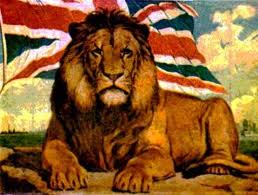 The struggle for the emancipation of slaves throughout the British Empire was known as the abolitionist movement. Protests against slavery date back to the 18th century, in which Enlightenment thinkers and religious groups like the Quakers highlighted the inhumane nature of the slave trade.
The struggle for the emancipation of slaves throughout the British Empire was known as the abolitionist movement. Protests against slavery date back to the 18th century, in which Enlightenment thinkers and religious groups like the Quakers highlighted the inhumane nature of the slave trade.
In Britain, the cause of the abolitionist movement was taken up by William Wilberforce, who started the Committee for the Abolition of the Slave Trade in 1787. Although Wilberforce succeeded in having the buying and selling of slaves abolished throughout the British Empire in 1807, there was no prohibitation against the ownership of slaves already purchased before this time.
It was only by 1833, with the passing of the Slavery Abolition Act, that the purchase, sale and ownership of slaves became illegal throughout the British Empire. On 1 August 1834, the practice of slavery in its entirety was abolished, and was replaced by the four year apprenticeship of slaves. This was to enable slave owners to retain their workforce and for slaves to learn a trade
Although the Cape was a British colony in 1834, the emancipation of slaves in South Africa had been delayed until 1 December 1834. The abolition of slavery has often been listed as one of the reasons for the Great Trek.
In many Caribbean countries, which formed part of the British Empire, 1 August is called Emancipation Day and is celebrated as a public holiday.